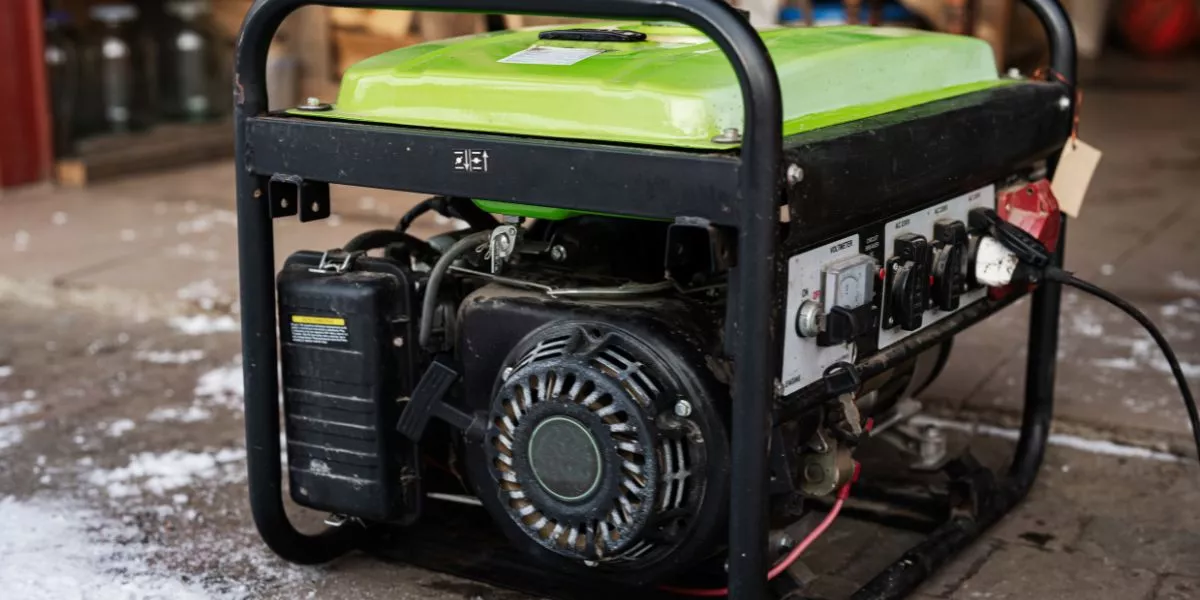
When winter storms hit, having a reliable house generator can make all the difference. You need to think about your power needs and the types of generators available. Each option has its pros and cons, and understanding them is crucial. Fuel choices also play a significant role in your decision. As you weigh these factors, you'll discover key insights that can guide you toward the right choice for your home.
Assess Your Power Needs
Before you choose a generator, it's crucial to assess your power needs. Start by listing all the essential appliances and devices you rely on during power outages, such as refrigerators, heaters, and lights.
Next, check the wattage requirements for each item. You can usually find this information on the appliance labels or in the user manuals.
Add up the total watts needed to run everything simultaneously. Don't forget to account for surge power, which is the extra wattage some devices need when starting up.
This calculation helps you determine the generator's size required for your home. By knowing your power needs, you'll make an informed decision that keeps you and your family comfortable during winter outages.
Explore Generator Types
When you're ready to choose a generator, it's important to understand the different types available.
You'll typically encounter portable, standby, and inverter generators. Portable generators are versatile and easy to move, making them great for temporary power needs.
Standby generators, on the other hand, are permanently installed and automatically kick in during an outage, providing seamless power to your home.
Inverter generators are quieter and more fuel-efficient, ideal for sensitive electronics.
Each type has its own advantages and drawbacks, so think about your specific needs and how often you might use the generator.
Consider factors like the size of your home, the appliances you want to power, and how long you might need backup electricity during winter outages.
Consider Fuel Options
Understanding the different types of generators helps narrow down your options, but the next step is to consider fuel choices.
You'll typically find three main types: gasoline, propane, and natural gas. Gasoline generators are widely available and easy to refuel but can be less efficient and have a shorter shelf life.
Propane offers a cleaner burn and longer storage, making it a great choice for extended outages. Natural gas is convenient if you have a steady supply, but it can be less portable.
Think about your specific needs and the availability of these fuels in your area. Ultimately, your choice should reflect your lifestyle, budget, and how often you expect to use the generator during winter power outages.
Evaluate Safety Features
As you consider which generator to purchase, evaluating safety features is crucial to ensure your family's well-being during winter outages.
Look for models with automatic shut-off systems that activate during low oil levels or overheating. This feature protects the generator from damage and reduces fire risks.
Carbon monoxide detectors are another essential safety aspect; they alert you if harmful gases accumulate, keeping your home safe.
Additionally, consider generators with GFCI (Ground Fault Circuit Interrupter) outlets, which prevent electrical shocks.
It's also wise to choose a model with a weatherproof enclosure, protecting it from harsh winter elements.
Finally, read reviews to see how other users rate safety features, ensuring you make an informed decision.
Conclusion
Choosing the right house generator for winter power outages is crucial for keeping your home safe and comfortable. By assessing your power needs, exploring different types, and considering fuel options, you can find the perfect fit. Don't forget to prioritize safety features to protect your family. With careful consideration and a clear budget, you'll be well-prepared for any outages this winter. Invest wisely, and you'll have peace of mind when the power goes out.
Trending Products














